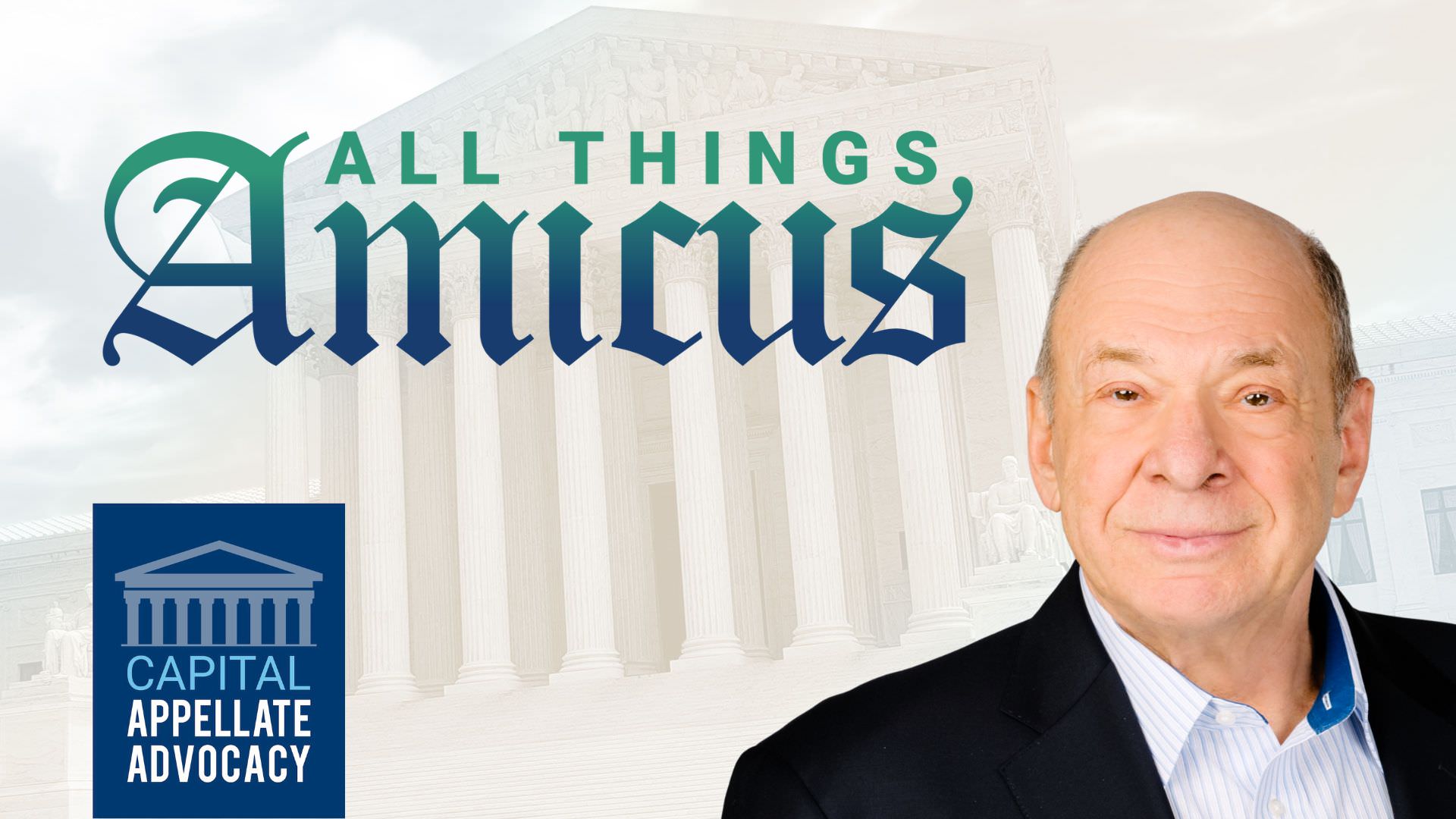At least as far back as its participation as amicus curiae in the Daubert trilogy of Supreme Court decisions, the Atlantic Legal Foundation (ALF) has been one of the nation’s foremost advocates for ensuring that federal district judges fulfill their “gatekeeper” role under Federal Rule of Evidence 702. Under Rule 702, federal district judges can admit into evidence, or otherwise rely upon, only expert testimony that is reliable as well as relevant. This important judicial duty—which goes to the heart of due process of law—not only applies at trial, but also when a judge is deciding whether to certify a class under Federal Rule of Civil Procedure 23.
Case Background
In a putative consumer class action that is part of multidistrict antitrust litigation against Google, a California federal district judge certified a class of 21 million consumers who have purchased almost 300,000 Android apps available on mobile devices through the Google Play store. The consumer plaintiffs allege that if Google had charged a lower, non-monopolistic service fee to app developers, they would have passed through this alleged cost savings to app purchasers. Google has appealed the district court’s class certification order, which relied exclusively on the expert opinion of the consumer plaintiffs’ economic expert. In accordance with Federal Rule of Civil Procedure 23(f), the Ninth Circuit has agreed to review the class-certification order on an interlocutory basis.
ALF’s Amicus Brief
ALF has filed an amicus brief urging the court of appeals to reverse the class-certification order. The brief was co-authored by Eric Lasker of Hollingsworth LLP and ALF Executive Vice President & General Counsel Larry Ebner. Hollingsworth LLP associate Shannon Proctor assisted with preparation of the brief. Law360 has published an article that focuses on ALF’s amicus brief.
ALF’s amicus brief discusses the important role that Rule 702 plays in class-certification decisions that rely on expert testimony, and then focuses on Rule 702’s “reliability” requirement. As to the latter, the brief discusses the amendments to Rule 702 that are expected to take effect on December 1, 2023. These amendments are intended to clarify the proper application of Rule 702. They were necessitated by widespread judicial misapplication of Rule 702, especially by failing to recognize the burdens that the rule imposes on a party proffering expert testimony. These burdens include establishing expert admissibility by a preponderance of evidence, and establishing that an expert’s opinion reflects reliable application of principles and methodology to the facts of the case. Under Rule 702, a judge must conduct a rigorous analysis to determine whether these burdens have been met.
The amicus brief analyzes the district court’s class-certification order in the Google case and explains how the court failed to hold the consumer plaintiffs to the reliability burdens imposed by Rule 702. As a result, the brief supports Google’s position that the class-certification order should be reversed.

